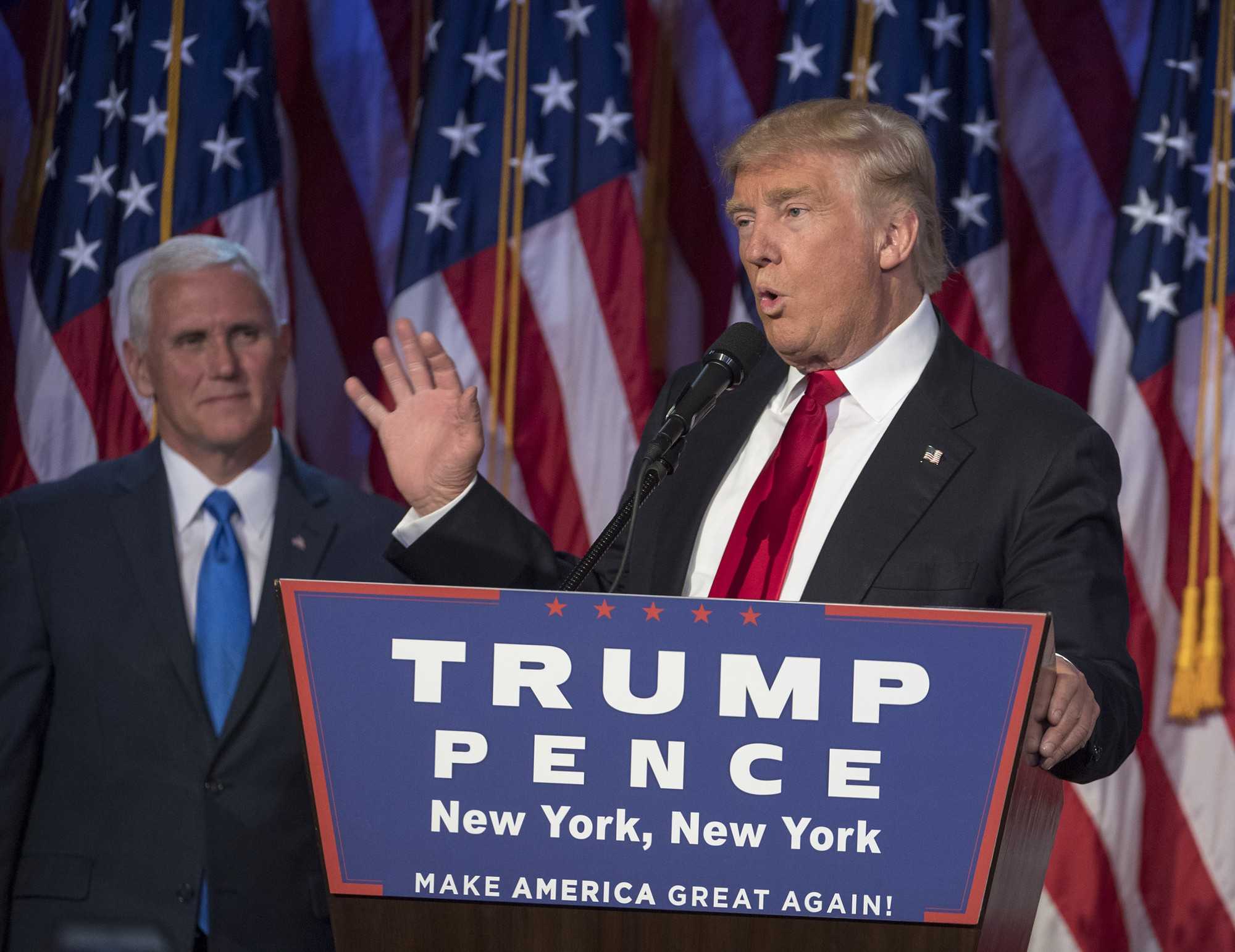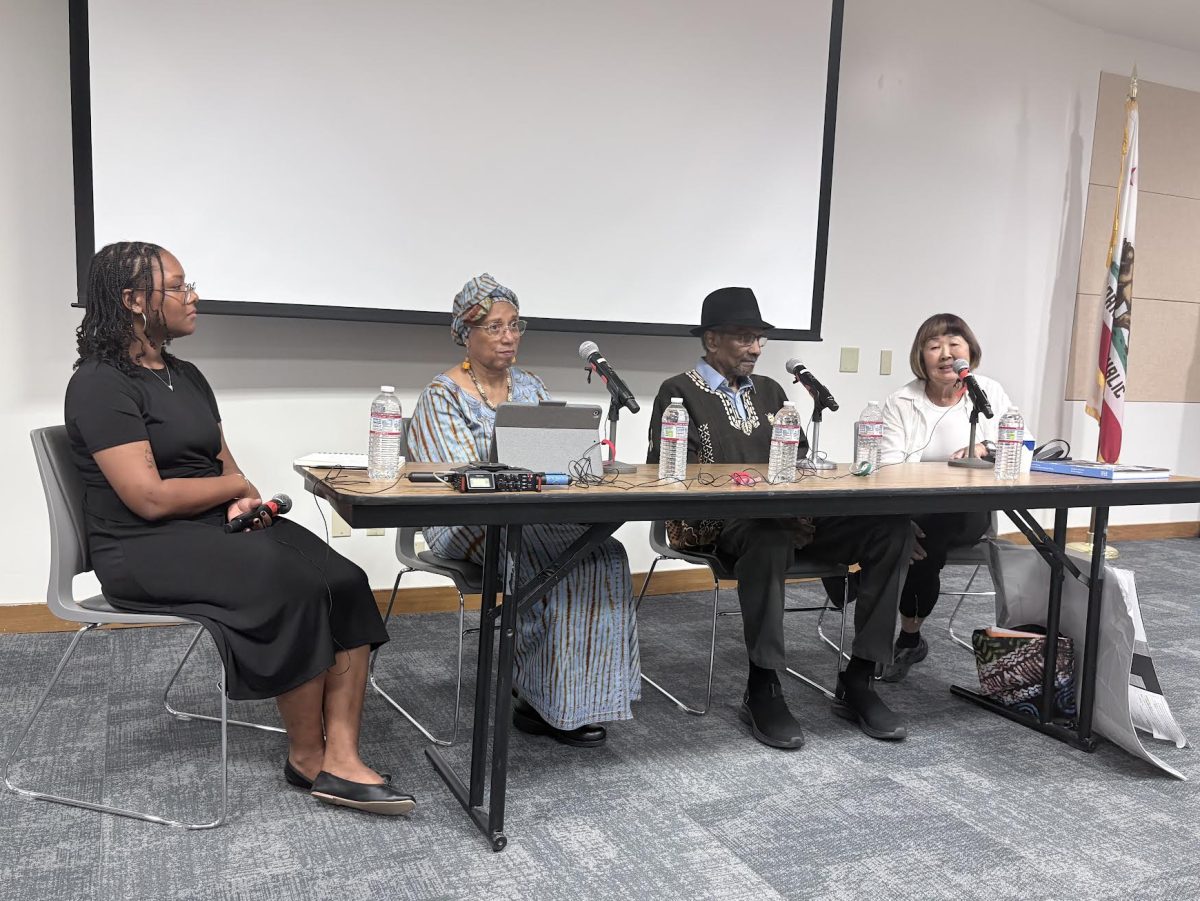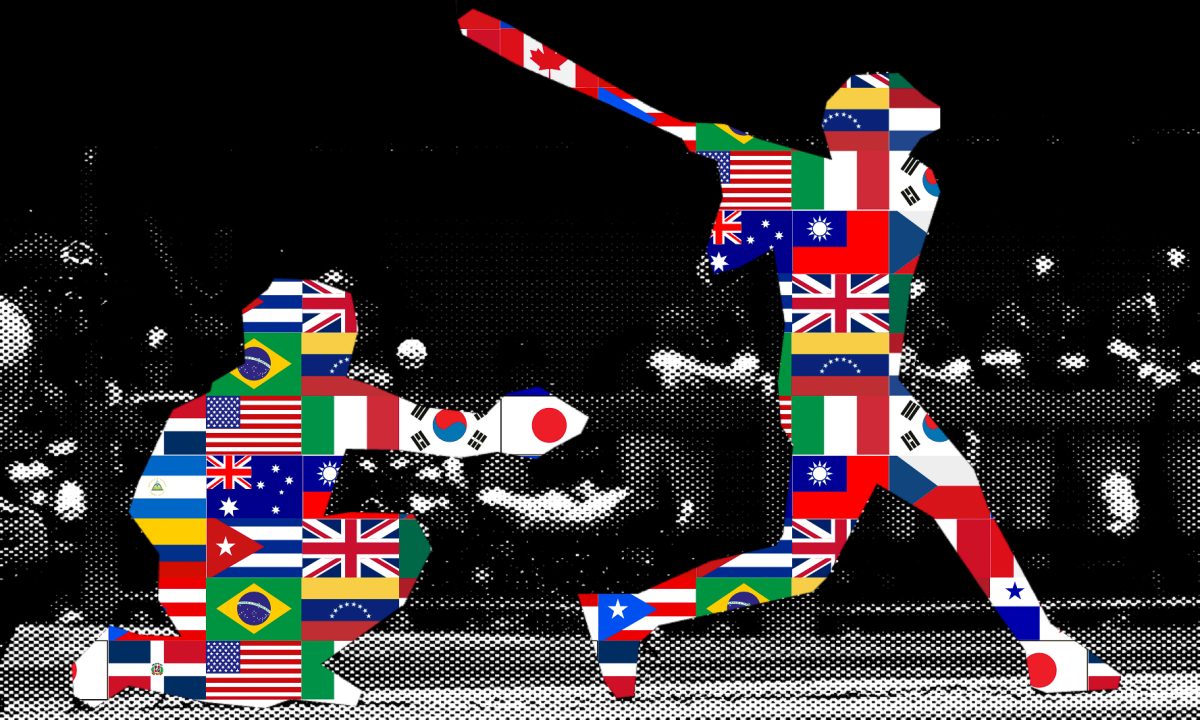With the results of the presidential election in and Donald Trump the new president-elect, some political science professors on campus spoke about the electoral upset.
During Trump’s campaign, several racist, sexist and homophobic comments were made by the presidential elect that ultimately did not prevent his win over Hillary Clinton last night.
Political science professor Tom Hogen-Esch prefaced that Trump’s term in office may not be as controversial as the campaign, especially in regards to immigration.
“Campaigns are not the same thing as governing,” Hogen-Esch said. “He may come to his senses and realize that deporting 11 million people or building a wall or preventing Muslims from entering the United States without tremendous amount of [evaluations]…it’s just not really going to work.”
Hogan-Esch went on to say there might be a backlash to Trump’s presidency, which has already been seen both on campus and throughout the country by means of protesting. The results of this election was a backlash itself, according to Hogan-Esch.
“Clearly this is a backlash election,” Hogan-Esch said. “This is an election largely about white racial anxiety.”
Trump’s attitudes towards immigration, particularly about Mexican migrants and building a wall at the border, are not the only issues that parts of the general population feel disdain for. His intent to deport undocumented immigrants, starting with Trump’s projected 2 million undocumented individuals with criminal histories, according to The Washington Post.
The presidential elect said in “his first hour in office, those people are gone.” The Deferred Action for Childhood Arrivals (DACA) and the related Deferred Action for Parents of Americans (DAPA) may be threatened under his presidency as well.
“During the campaign [Trump] said that he was going to vacate president Obama’s executive orders in regards to DACA and DAPA,” said Jason Morin, another political science professor. “If that does come to fruition, it will have very significant and negative impact on many Dreamers as well as undocumented immigrants.”
However, voter turnout within the Latino population and how Latinos voted appeared to be accurate, according to Morin. It might have been the more rural communities in Midwest states that were not accurately counted for, where Trump had more support.
Where people live dictates which side of the bipartisan platform states lie on, according to Morin. More liberal individuals with higher education from the more rural communities may end up moving to more typically Democratic areas, and never return to their hometown.
Morin said since presidential politics relies on how the states vote rather than the popular vote, where people end up living plays a major part in presidential elections.
There were counties in Michigan, Ohio, and Wisconsin that Trump won over in last night’s election that previously voted for Obama, according to Morin. He also said Trump’s Florida win was the first hint that Clinton would lose the race.
Regardless of the outcome, the country will have to endure a presidency that both professors have a feeling of uncertainty towards.
“The problem with Donald Trump is that nobody knows anything about the people he’s surrounding himself with,” Hogen-Esch said. “It’s like a D list of nobodies and it’s just unimaginable that people with so little experience will be given so much power.”


















